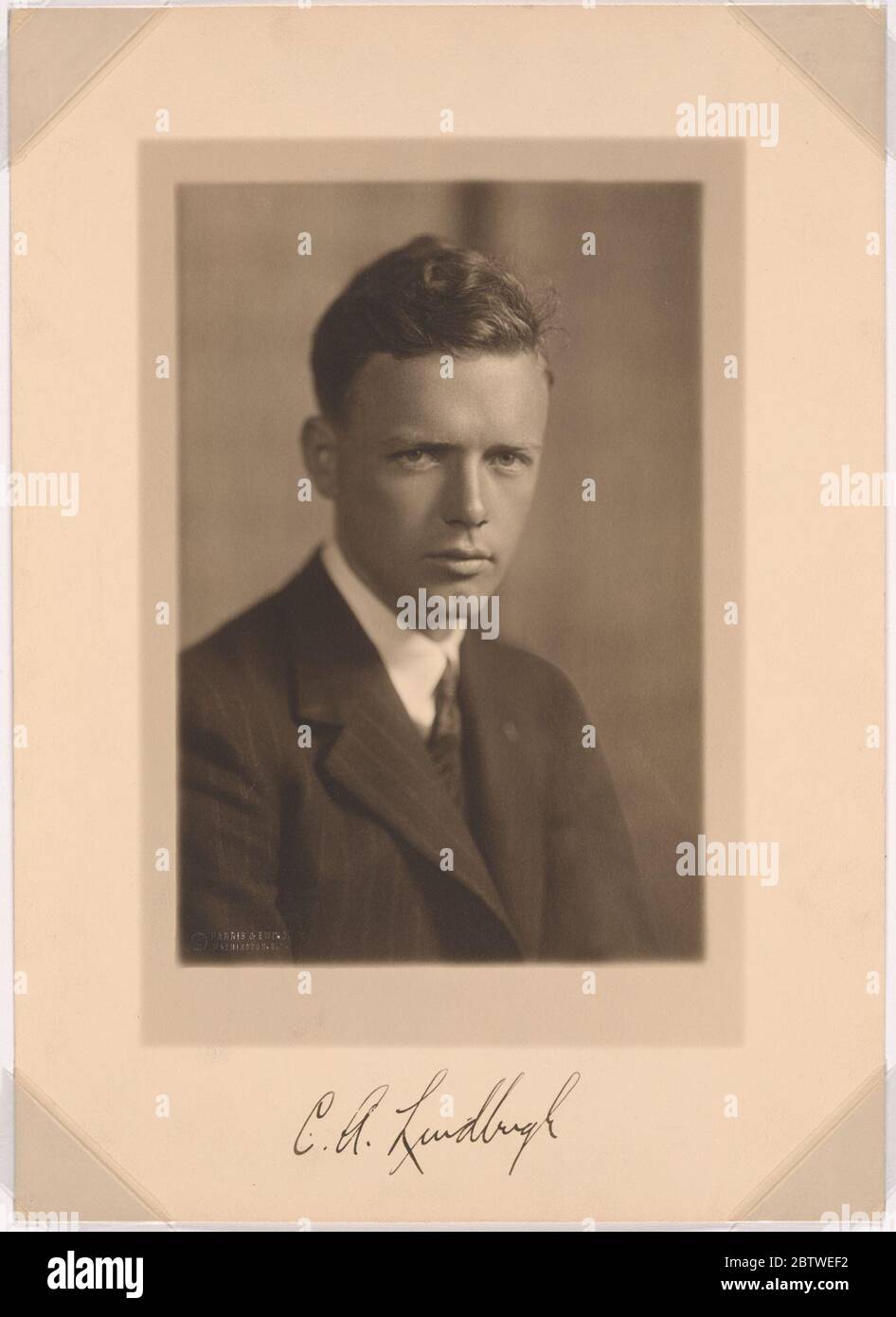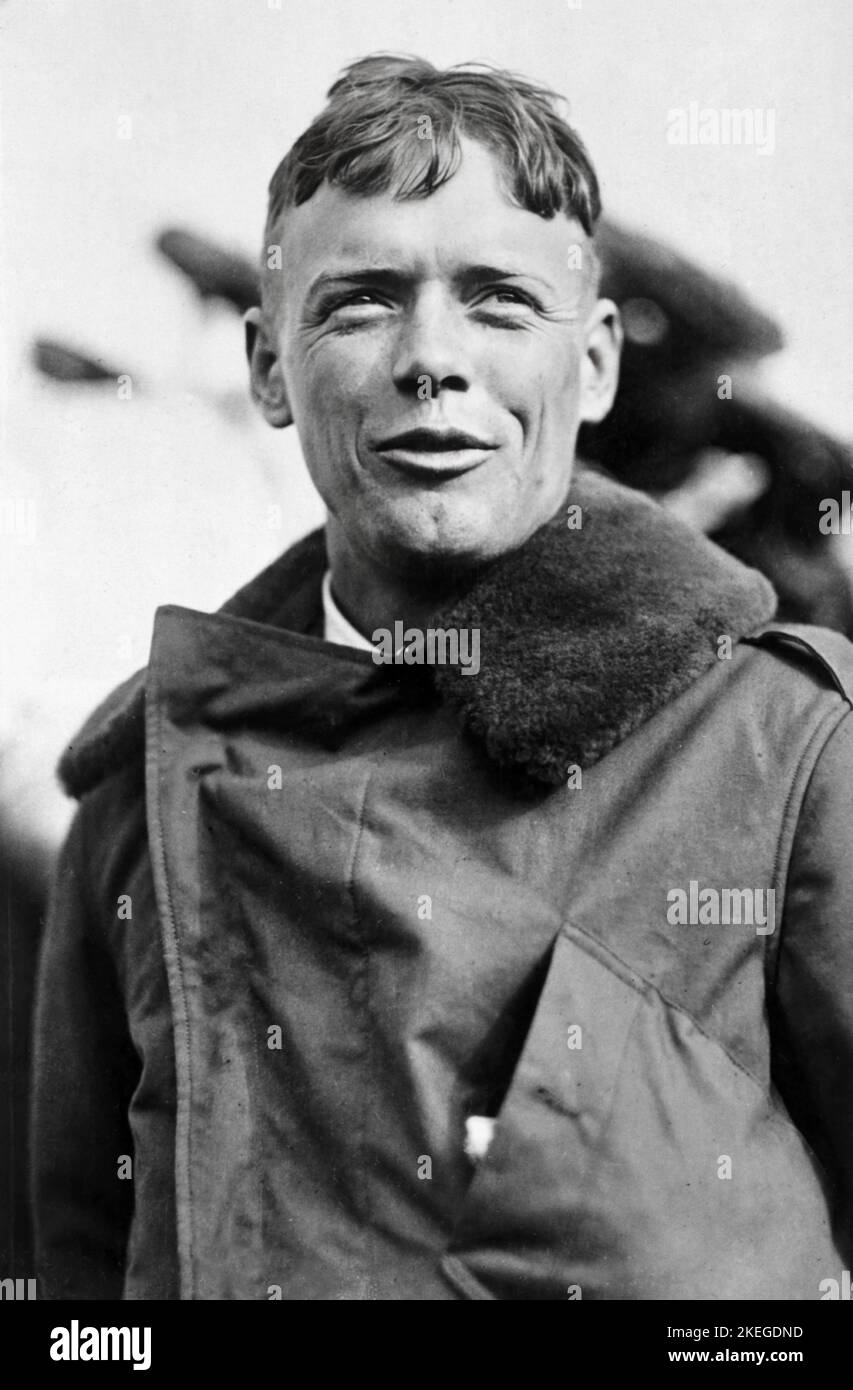Charles Augustus Lindbergh Jr., the son of the legendary aviator Charles Lindbergh, remains one of the most significant figures in American history. His tragic kidnapping and murder in 1932 captured global attention and led to profound changes in American law enforcement and media coverage of criminal cases. This event not only defined an era but also left an indelible mark on the nation's consciousness.
The life and legacy of Charles Augustus Lindbergh Jr. extend far beyond the tragedy that marked his early death. His story is a poignant reminder of the challenges faced by public figures in maintaining privacy and safety in a world increasingly obsessed with celebrity. This article delves into the life, events, and lasting impact of this historic figure, exploring how his story continues to resonate today.
As we examine the details surrounding Charles Augustus Lindbergh Jr., it becomes clear that his life and death were pivotal moments in American history. The case surrounding his disappearance brought about significant changes in criminal law and media ethics, making it a crucial subject for anyone interested in understanding the intersection of celebrity, crime, and public policy.
Read also:Antonia Lofaso And Heavy D The Love Story That Inspired Many
Biography of Charles Augustus Lindbergh Jr.
Early Life and Family Background
Charles Augustus Lindbergh Jr. was born on June 22, 1930, to Charles Lindbergh, the renowned aviator who became the first person to fly solo across the Atlantic Ocean, and his wife, Anne Morrow Lindbergh, a celebrated author and poet. The Lindbergh family quickly became the center of public attention due to Charles Lindbergh Sr.'s historic achievements.
The young Lindbergh grew up in a world of privilege and fame, yet his parents were deeply concerned about the impact of media attention on their family life. Despite their efforts to maintain privacy, the Lindberghs could not escape the intense scrutiny that came with Charles Sr.'s fame. Below is a summary of Charles Augustus Lindbergh Jr.'s personal details:
| Full Name | Charles Augustus Lindbergh Jr. |
|---|---|
| Date of Birth | June 22, 1930 |
| Parents | Charles Lindbergh and Anne Morrow Lindbergh |
| Place of Birth | Englewood, New Jersey, USA |
| Tragic Event | Kidnapped and murdered on March 1, 1932 |
The Kidnapping: A National Tragedy
Details of the Crime
The kidnapping of Charles Augustus Lindbergh Jr. on March 1, 1932, shocked the nation and the world. The infant was taken from his crib in the Lindbergh home in Hopewell, New Jersey, with a ransom note left at the scene. The crime quickly became known as "The Crime of the Century," drawing unprecedented media coverage and public attention.
- The baby was just 20 months old at the time of his abduction.
- A ladder was found outside the house, which investigators believed the kidnapper used to reach the second-floor nursery.
- The ransom demand was initially set at $50,000, later increased to $70,000.
This tragic event highlighted the vulnerabilities faced by high-profile families and led to significant changes in how law enforcement handled such cases.
Investigation and Legal Proceedings
Unraveling the Mystery
The investigation into the kidnapping of Charles Augustus Lindbergh Jr. was one of the most extensive and high-profile criminal investigations of its time. Law enforcement agencies, including the FBI, worked tirelessly to track down the perpetrator. The case involved:
- A nationwide search for the kidnapper.
- The use of marked bills in the ransom payment to help identify the suspect.
- Extensive media coverage that both aided and hindered the investigation.
Ultimately, Bruno Richard Hauptmann was arrested and convicted of the crime, though questions about his guilt persist to this day.
Read also:Unveiling The Intriguing Facts About Julian Works Height A Comprehensive Exploration
Impact on American Society
Changes in Law Enforcement
The kidnapping and subsequent murder of Charles Augustus Lindbergh Jr. led to significant changes in American law enforcement. The Federal Kidnapping Act, also known as the Lindbergh Law, was enacted in 1932, making interstate kidnapping a federal offense. This legislation:
- Expanded the FBI's jurisdiction in kidnapping cases.
- Provided federal authorities with greater powers to investigate and prosecute such crimes.
These changes marked a turning point in how the United States approached criminal investigations and underscored the importance of federal involvement in high-profile cases.
Media Coverage and Public Reaction
The Role of the Press
The media coverage surrounding the kidnapping of Charles Augustus Lindbergh Jr. was unprecedented. Newspapers and radio stations provided continuous updates, often blurring the line between journalism and sensationalism. This extensive coverage:
- Influenced public opinion and the legal proceedings.
- Raised questions about the ethical responsibilities of the press in covering criminal cases.
The case remains a landmark example of the complex relationship between media, celebrity, and crime.
Legacy and Historical Significance
Long-Term Effects
The legacy of Charles Augustus Lindbergh Jr. extends far beyond the immediate aftermath of his kidnapping and murder. The case:
- Highlighted the need for greater privacy protections for public figures and their families.
- Shaped the evolution of American law enforcement and legal systems.
Today, the story of Charles Augustus Lindbergh Jr. continues to be studied by historians, legal scholars, and criminologists as a pivotal moment in American history.
Lessons Learned from the Lindbergh Case
Implications for Modern Society
The kidnapping of Charles Augustus Lindbergh Jr. offers valuable lessons for contemporary society. It underscores the importance of:
- Maintaining privacy and security for high-profile individuals and their families.
- Ensuring ethical standards in media coverage of sensitive issues.
- Continuing to improve law enforcement practices and technologies.
These lessons remain relevant in an age where celebrity culture and media scrutiny continue to grow.
Psychological Impact on the Lindbergh Family
Emotional Toll
The tragedy of Charles Augustus Lindbergh Jr.'s kidnapping and murder had a profound emotional impact on the Lindbergh family. Both Charles Lindbergh Sr. and Anne Morrow Lindbergh struggled to cope with the loss of their child, and the intense media attention made their grieving process even more difficult. The case:
- Forced the family to confront the harsh realities of living in the public eye.
- Influenced their future decisions regarding privacy and security.
Their experiences serve as a powerful reminder of the personal costs of fame and notoriety.
Conclusion
The story of Charles Augustus Lindbergh Jr. is one of tragedy, resilience, and lasting impact. His kidnapping and murder not only defined an era but also brought about significant changes in American law enforcement, media practices, and societal attitudes toward privacy and celebrity. The legacy of this historic figure continues to resonate today, offering valuable lessons for future generations.
We invite you to share your thoughts on this article in the comments section below. For more insights into American history and its influential figures, explore our other articles on this site. Together, let's continue to learn from the past and build a better future.
Table of Contents
- Biography of Charles Augustus Lindbergh Jr.
- The Kidnapping: A National Tragedy
- Investigation and Legal Proceedings
- Impact on American Society
- Media Coverage and Public Reaction
- Legacy and Historical Significance
- Lessons Learned from the Lindbergh Case
- Psychological Impact on the Lindbergh Family
- Conclusion
Data and references for this article were drawn from reputable sources, including historical archives, academic publications, and legal documents. For further reading, consider exploring the works of historians and scholars who have studied the Lindbergh case in greater detail.

